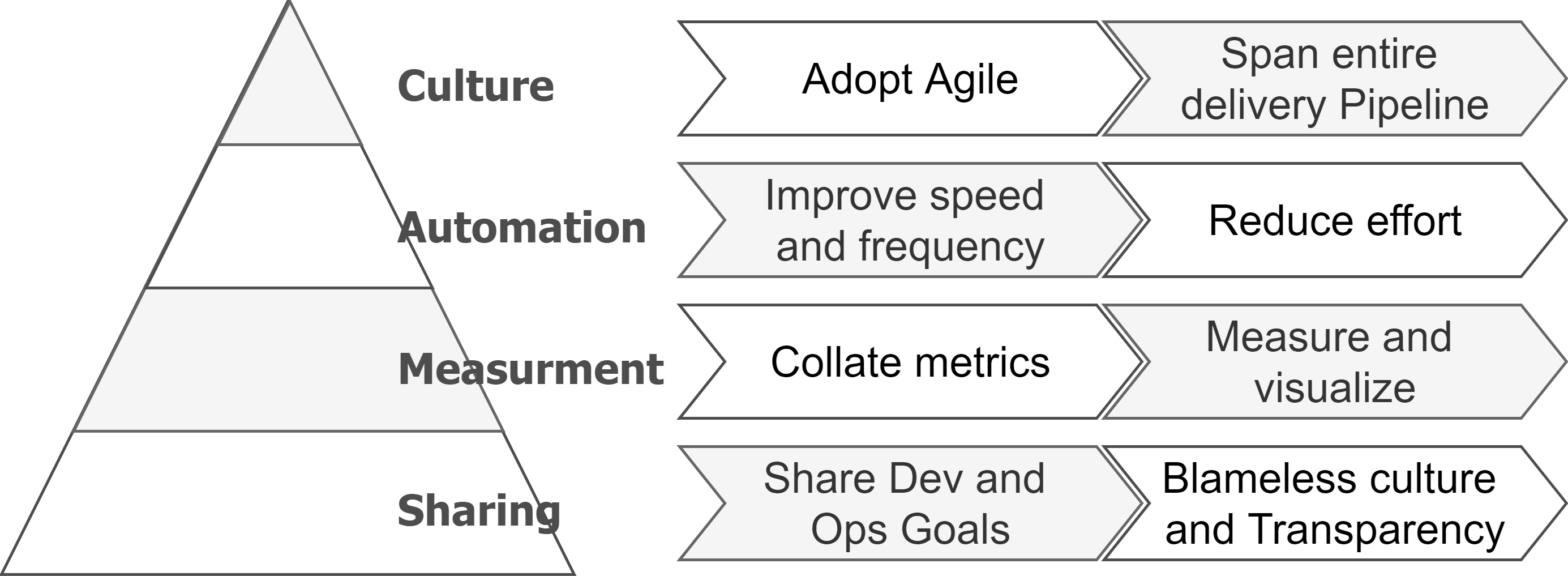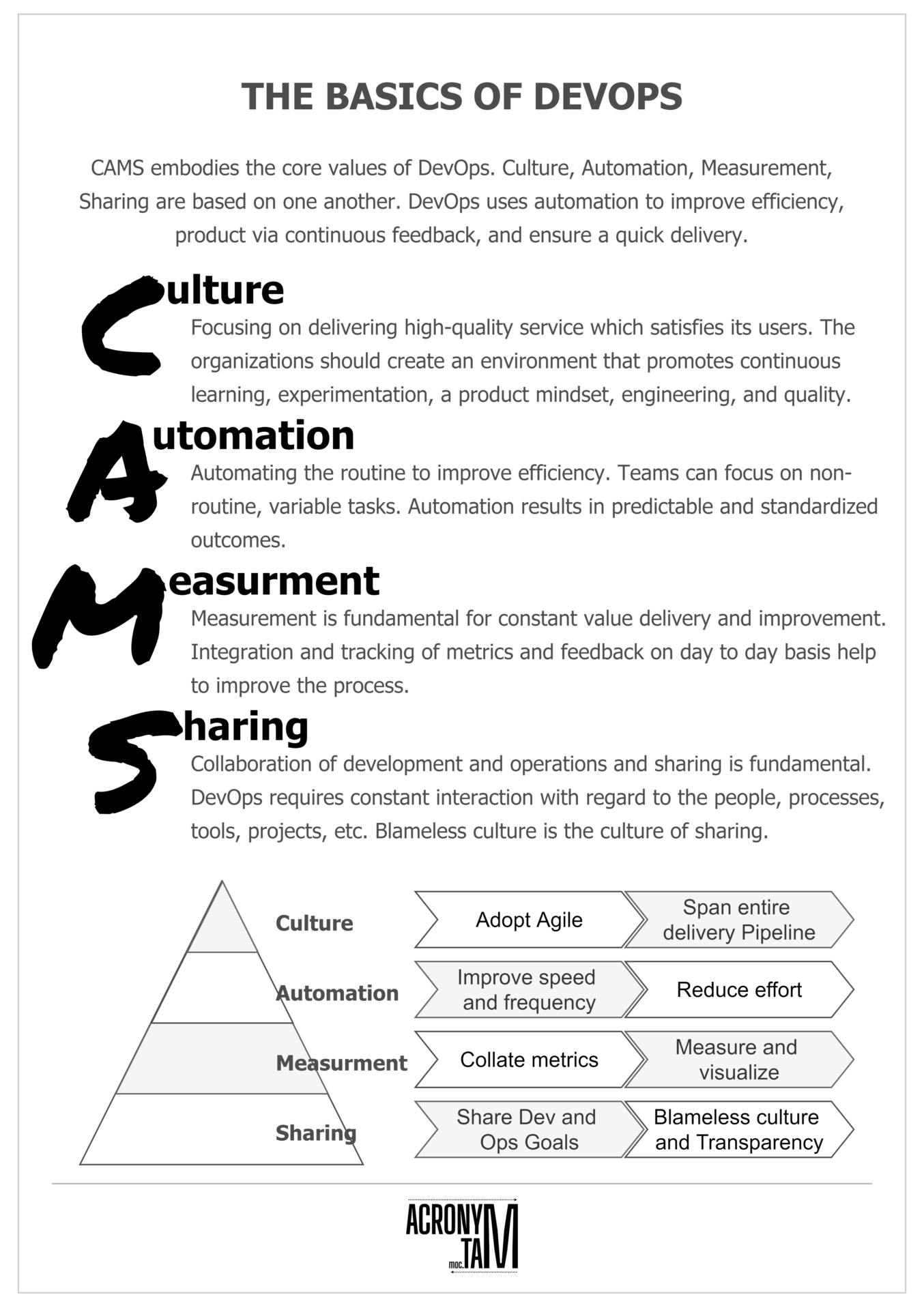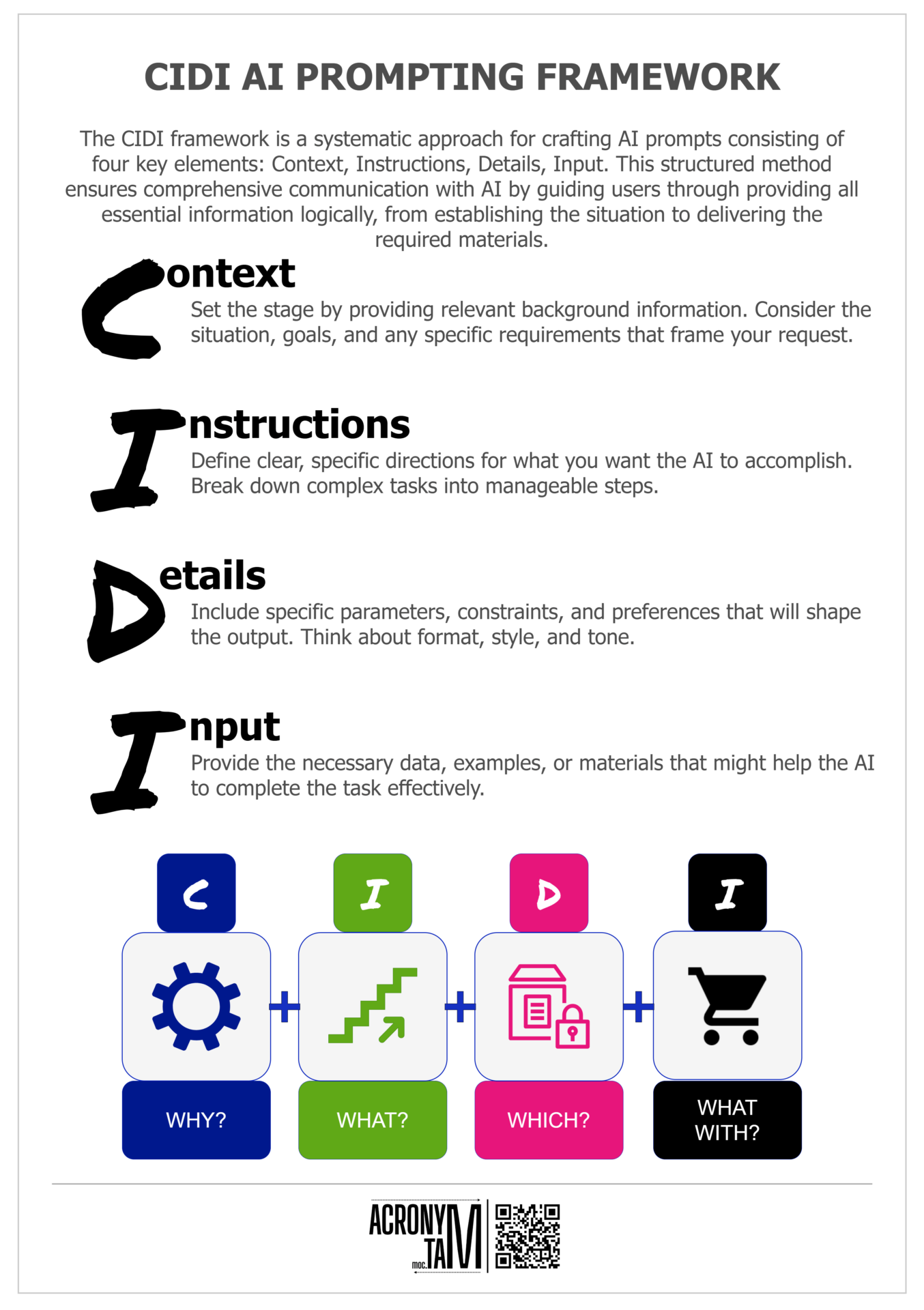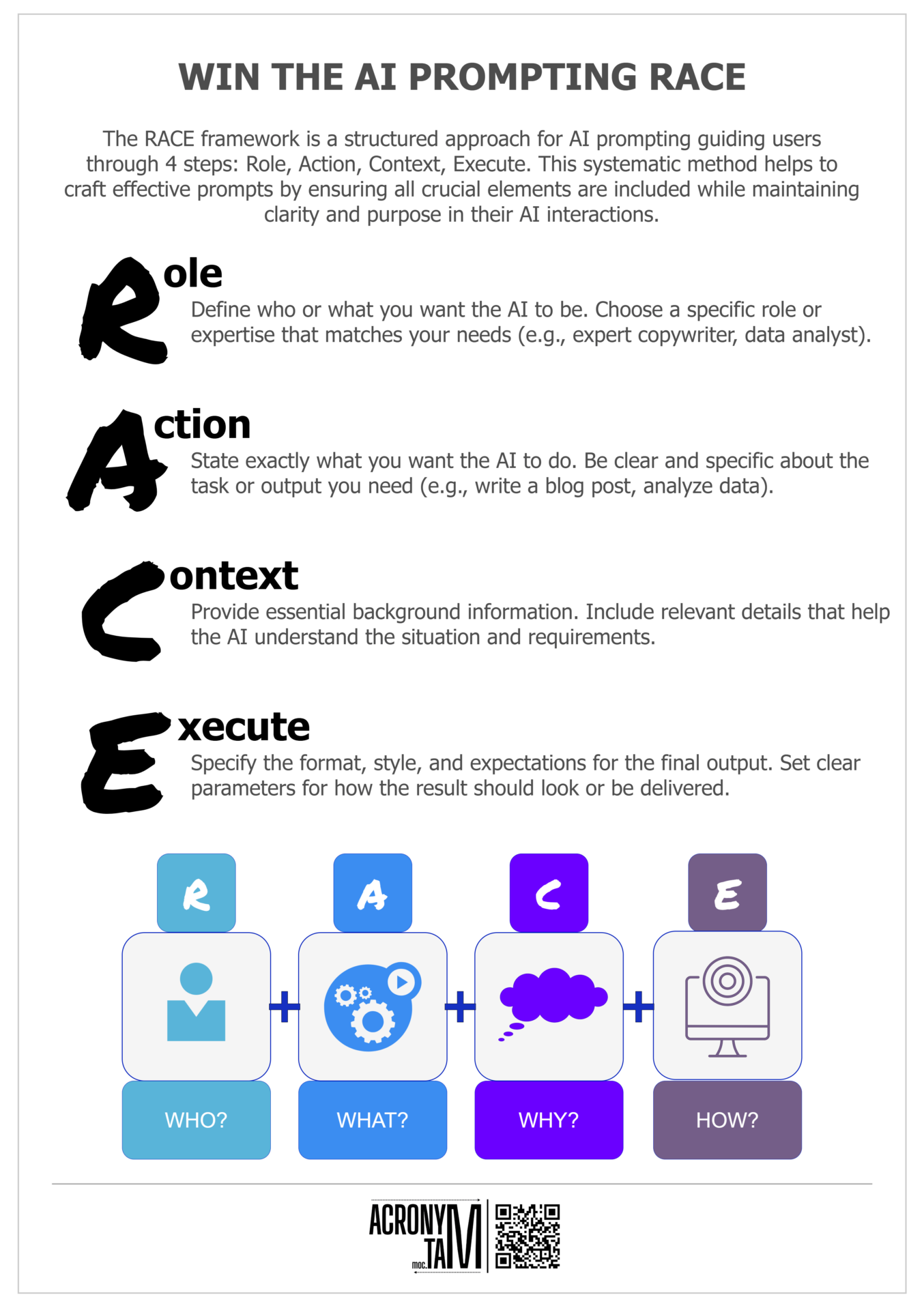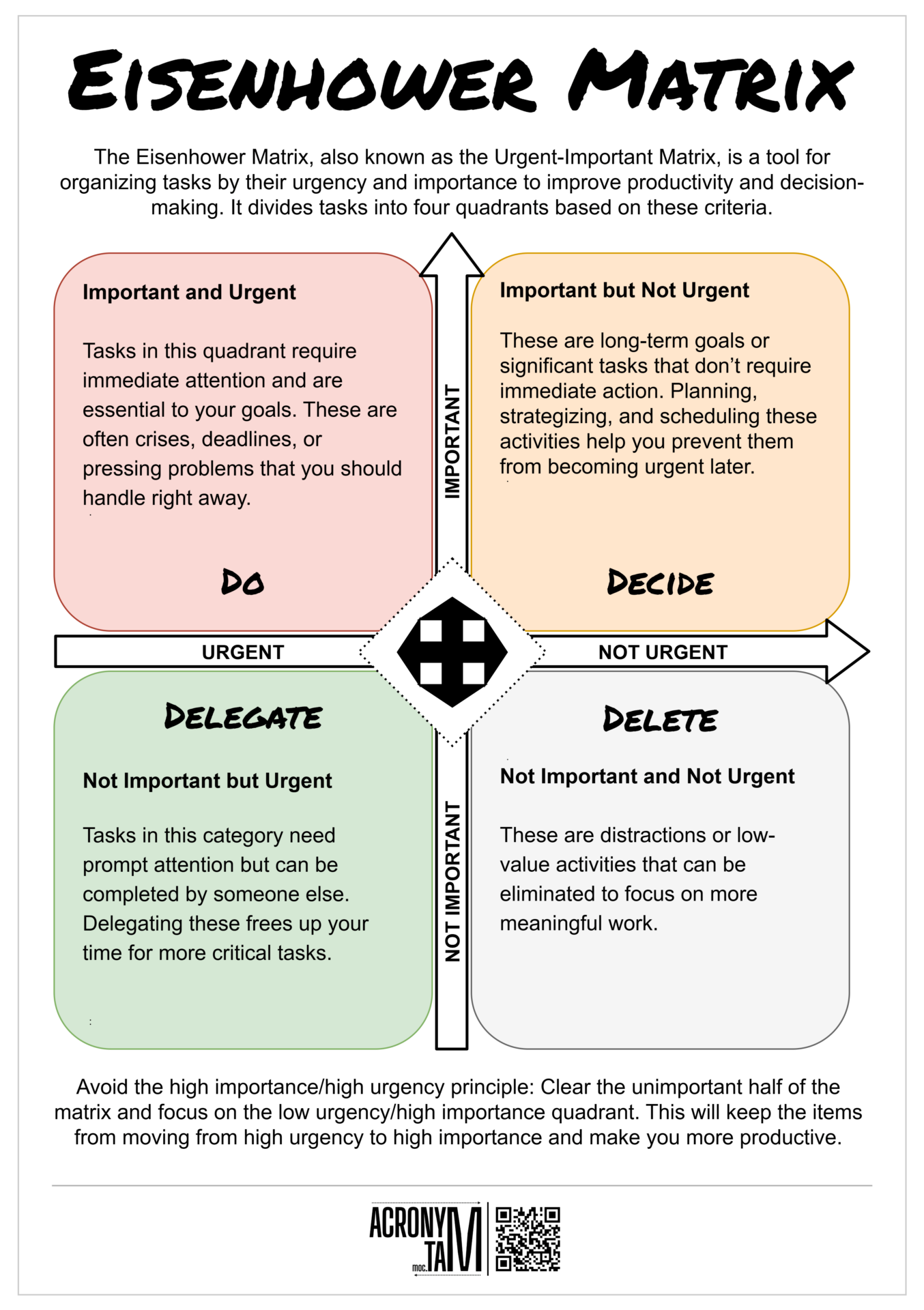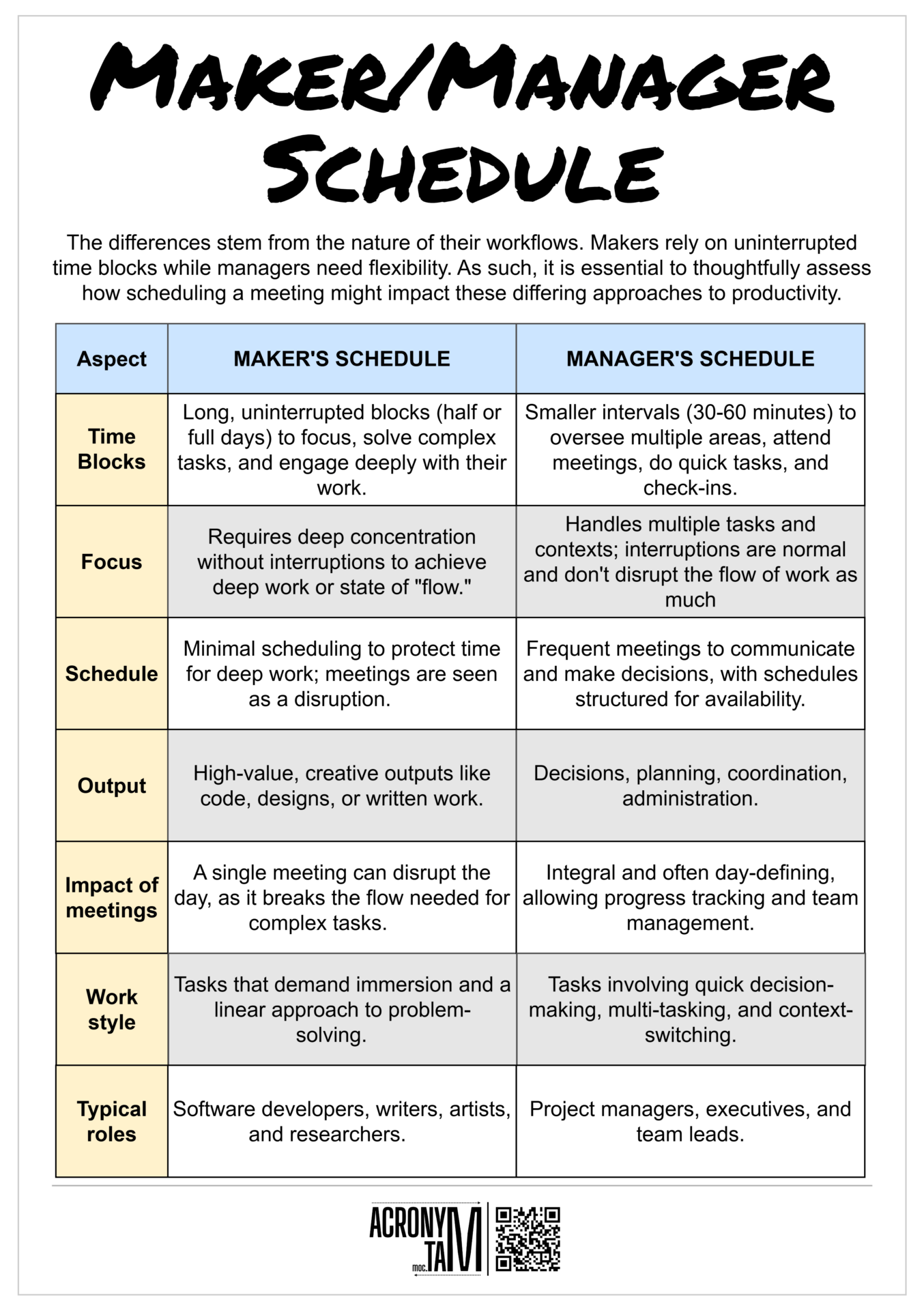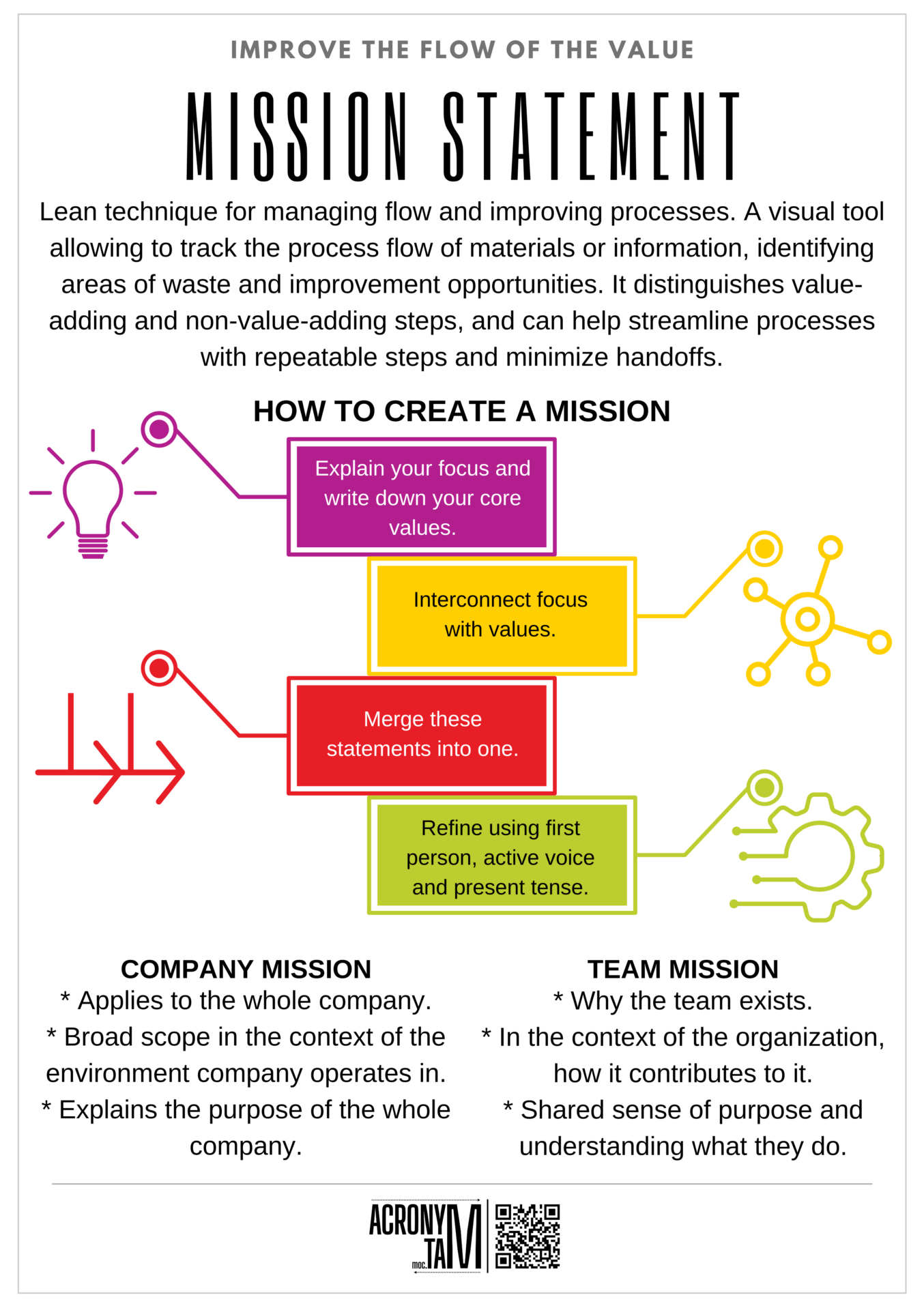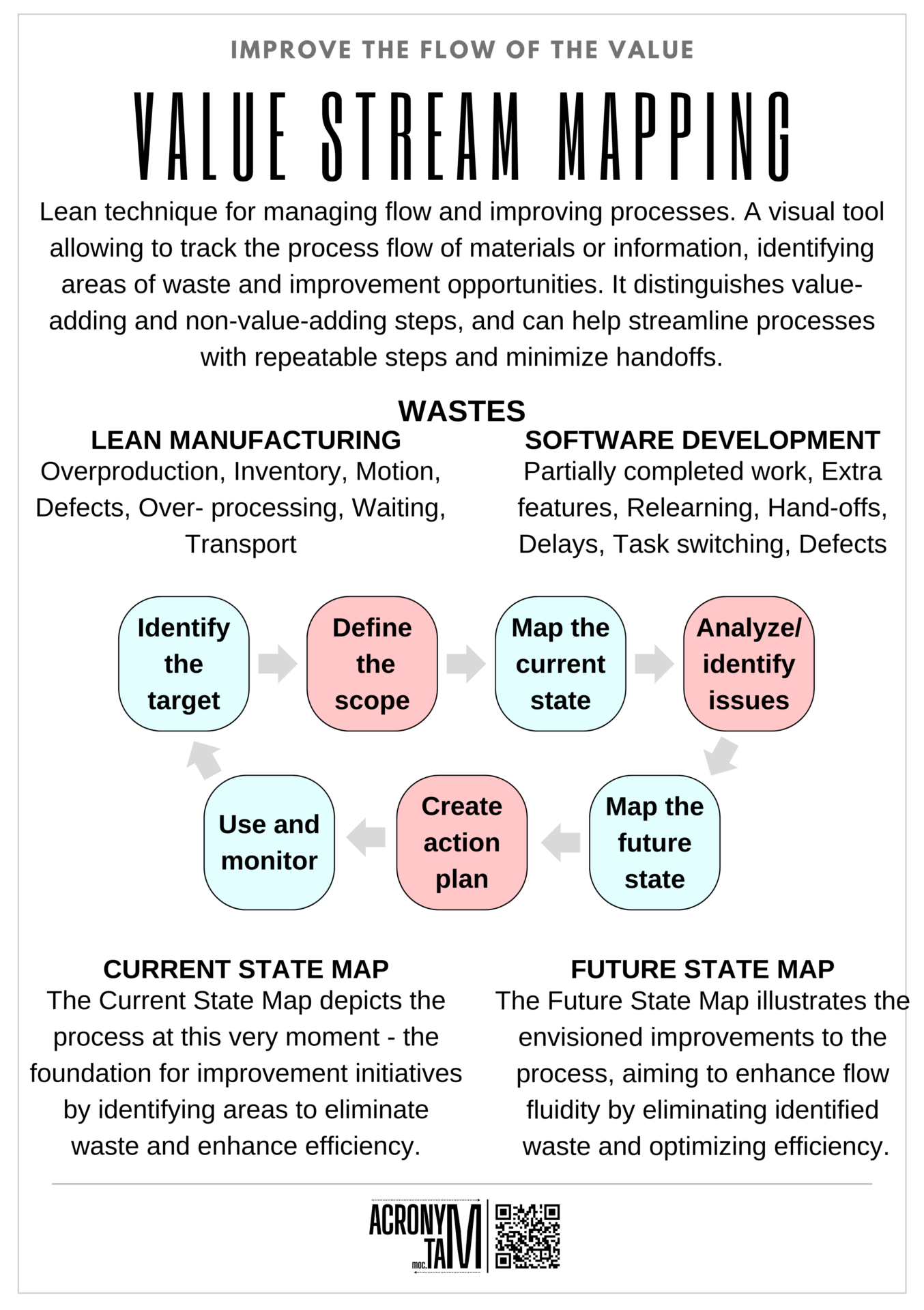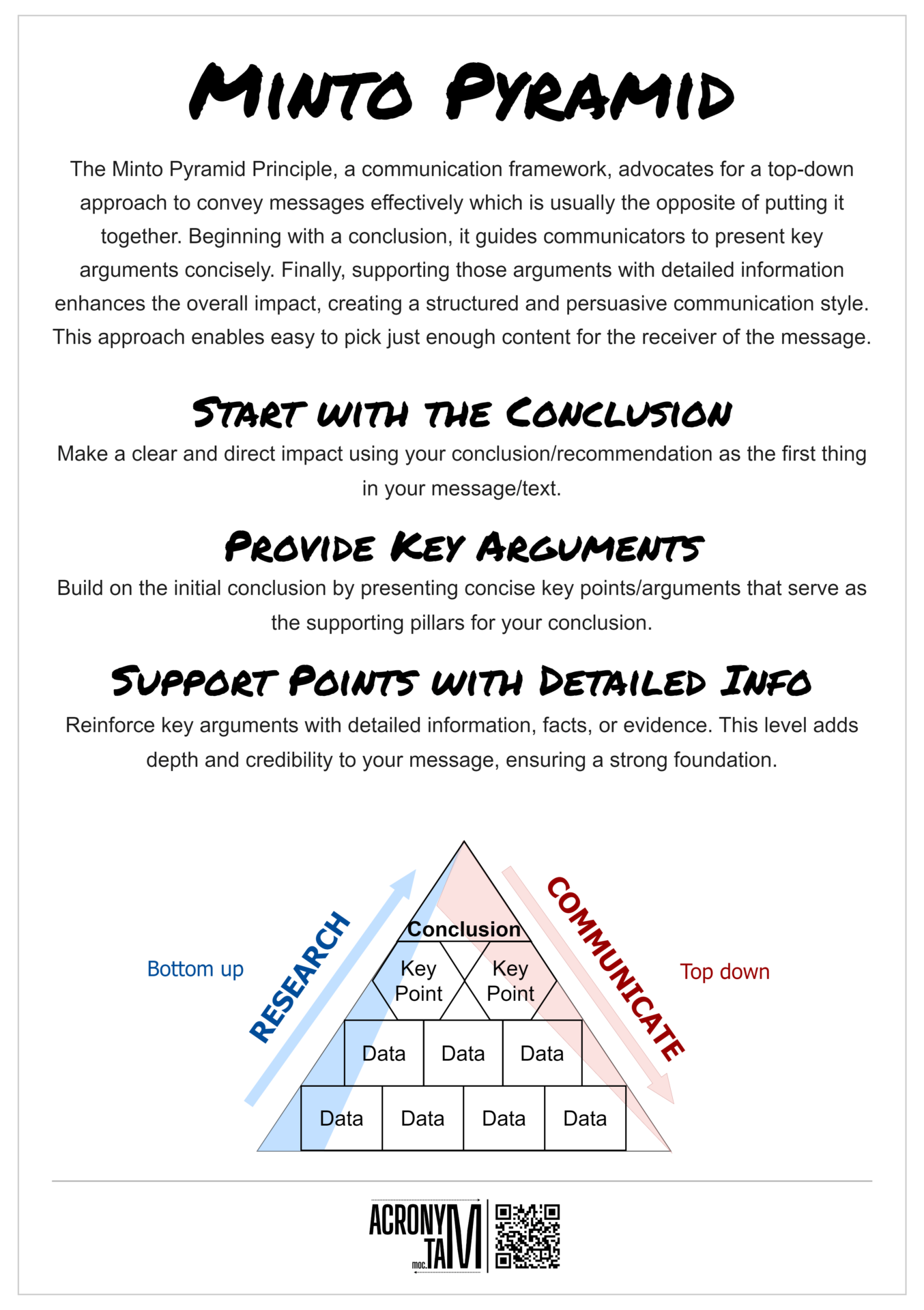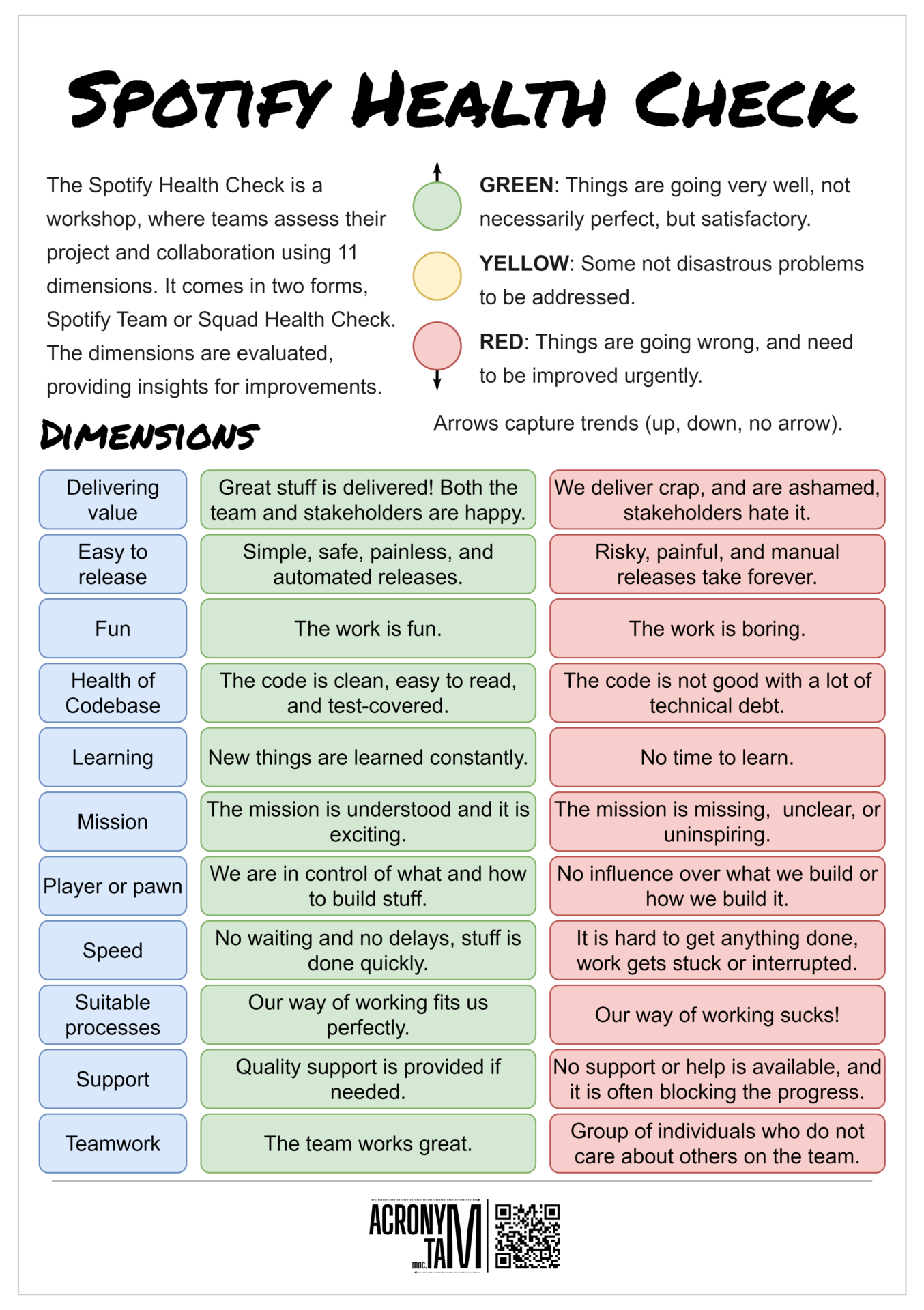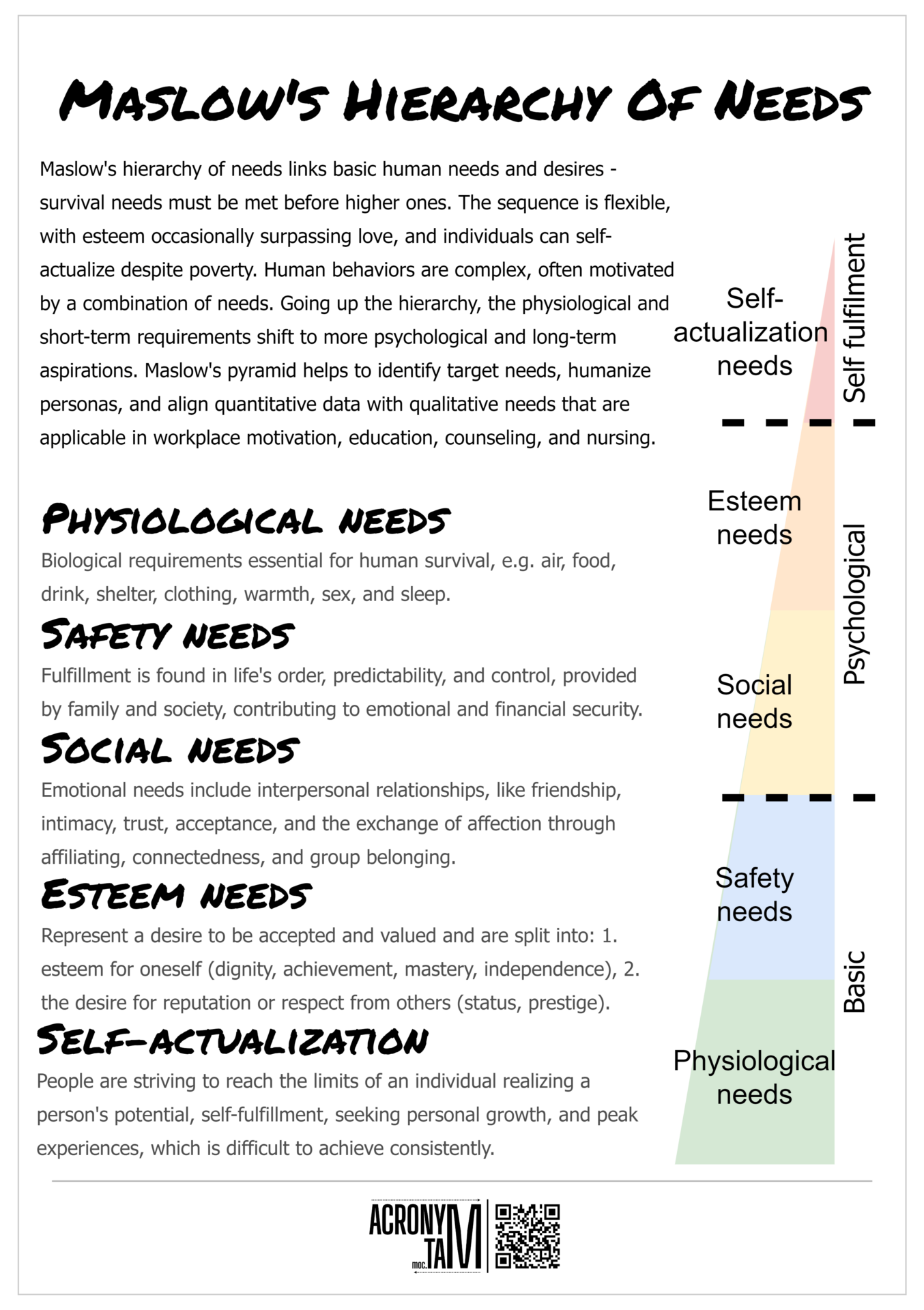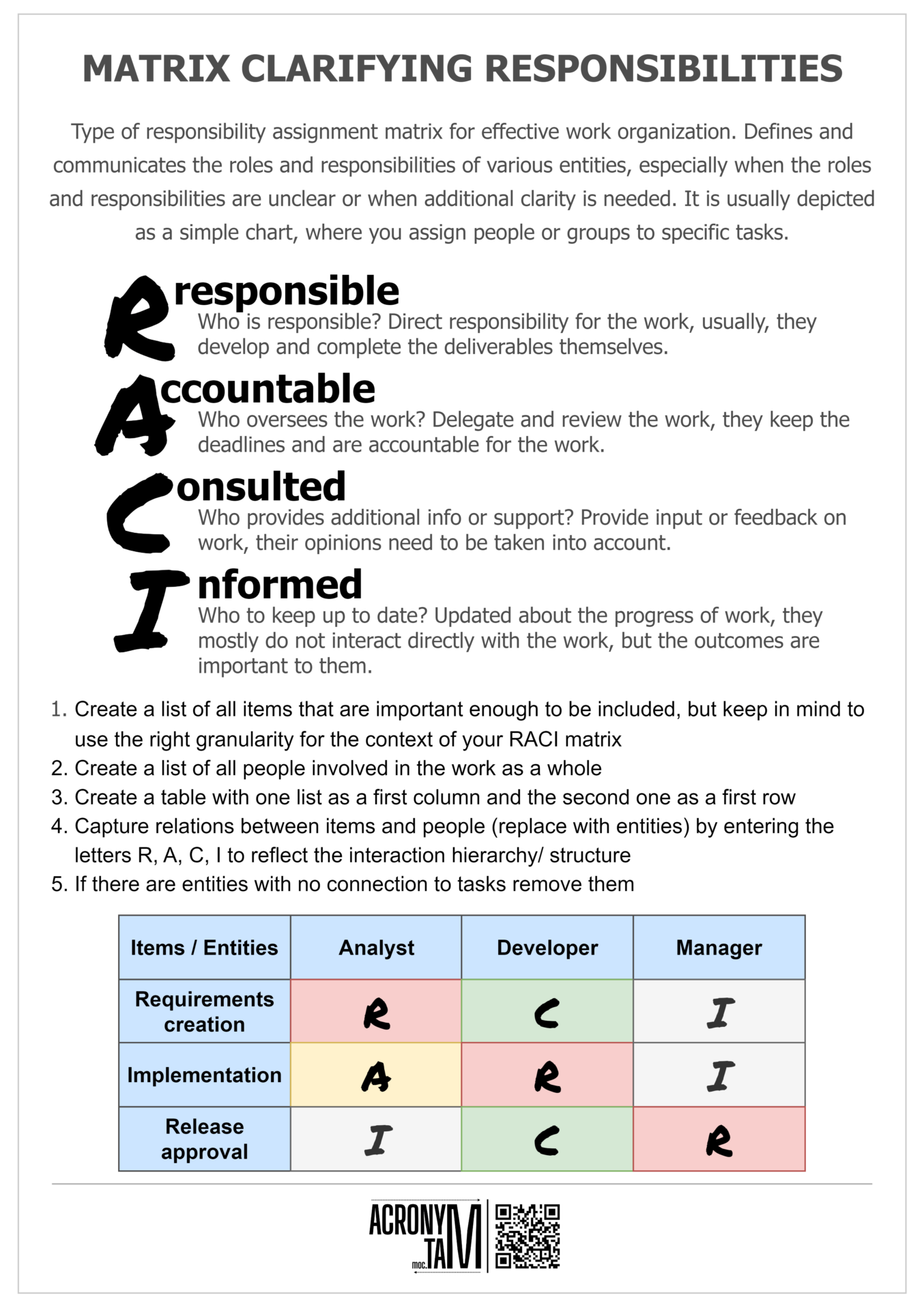Article
CAMS
CAMS prinicple embodies the core values of DevOps. Culture, Automation, Measurement, Sharing are based on one another. DevOps uses automation to improve efficiency, product via continuous feedback, and ensure a quick delivery.
Culture
Culture is focused on delivering high-quality service which satisfies its users. The organizations should create an environment that promotes continuous learning, experimentation, a product mindset, engineering, and quality.
Automation
Automating the routine to improve efficiency. Teams can focus on non-routine, variable tasks. Automation results in predictable and standardized outcomes.
Measurement
Measurement is fundamental for constant value delivery and improvement. Integration and tracking of metrics and feedback on day to day basis help to improve the process.
Sharing
Collaboration of development and operations and sharing is fundamental. DevOps requires constant interaction with regard to the people, processes, tools, projects, etc. Blameless culture is the culture of sharing.
